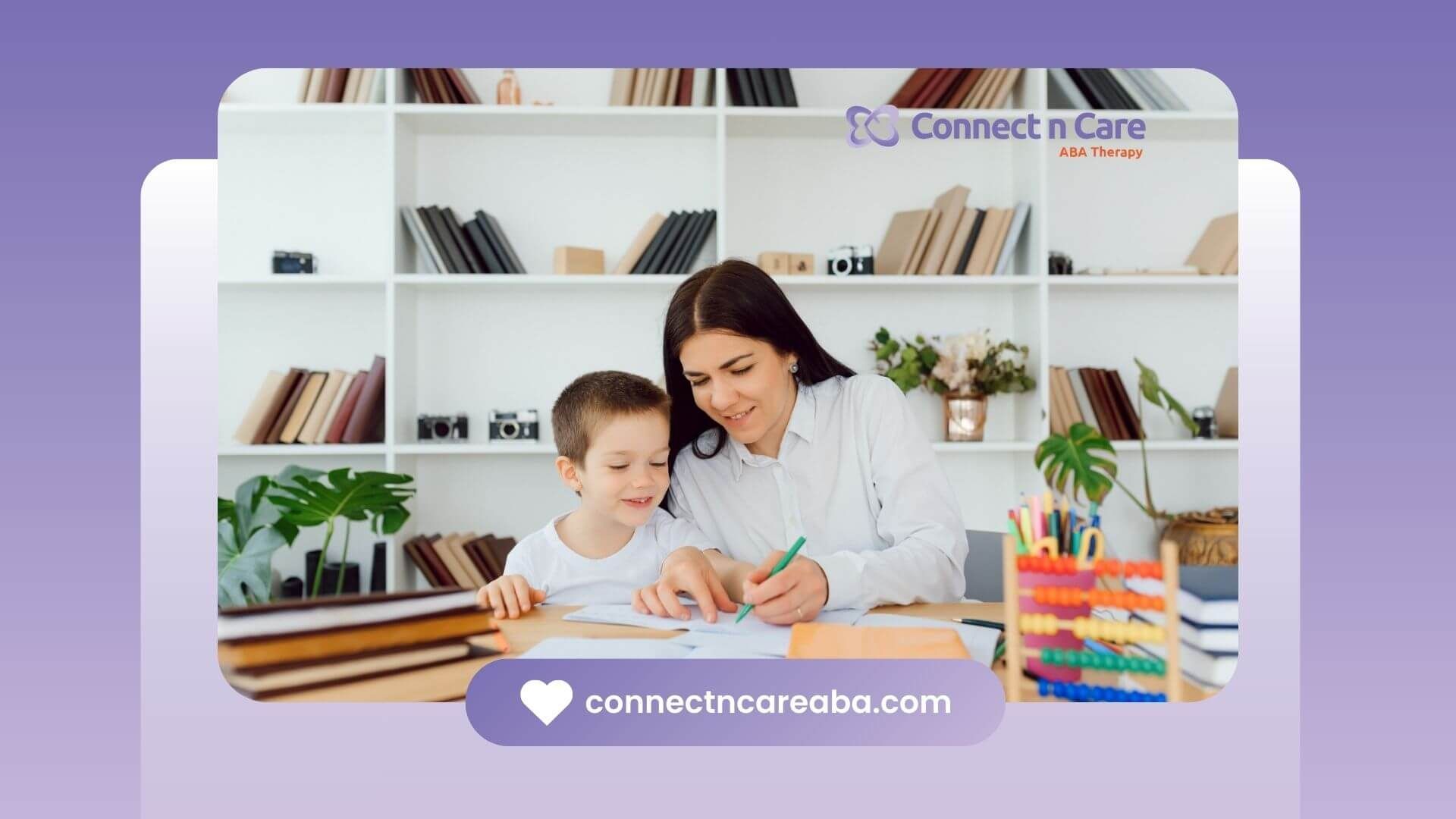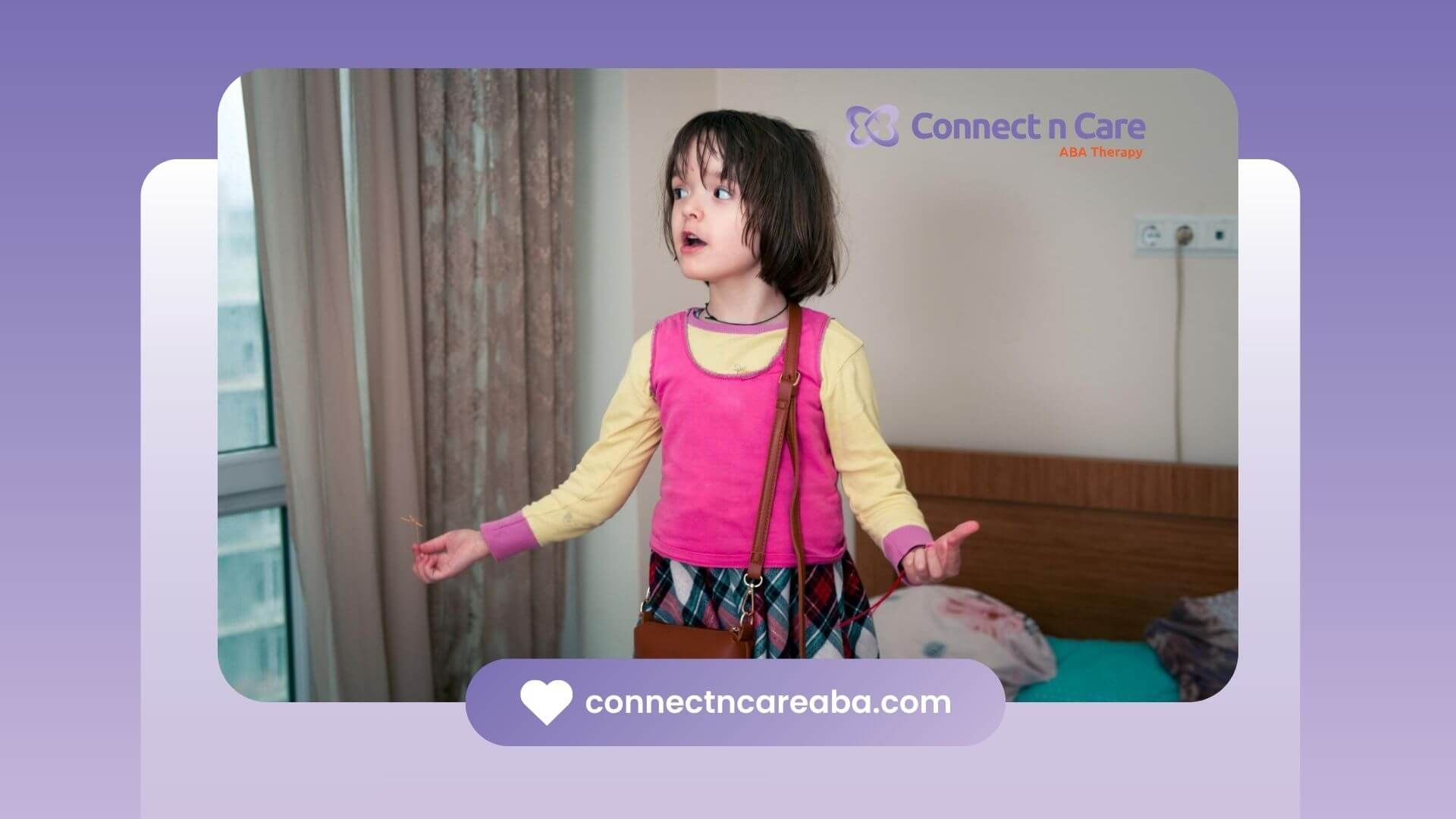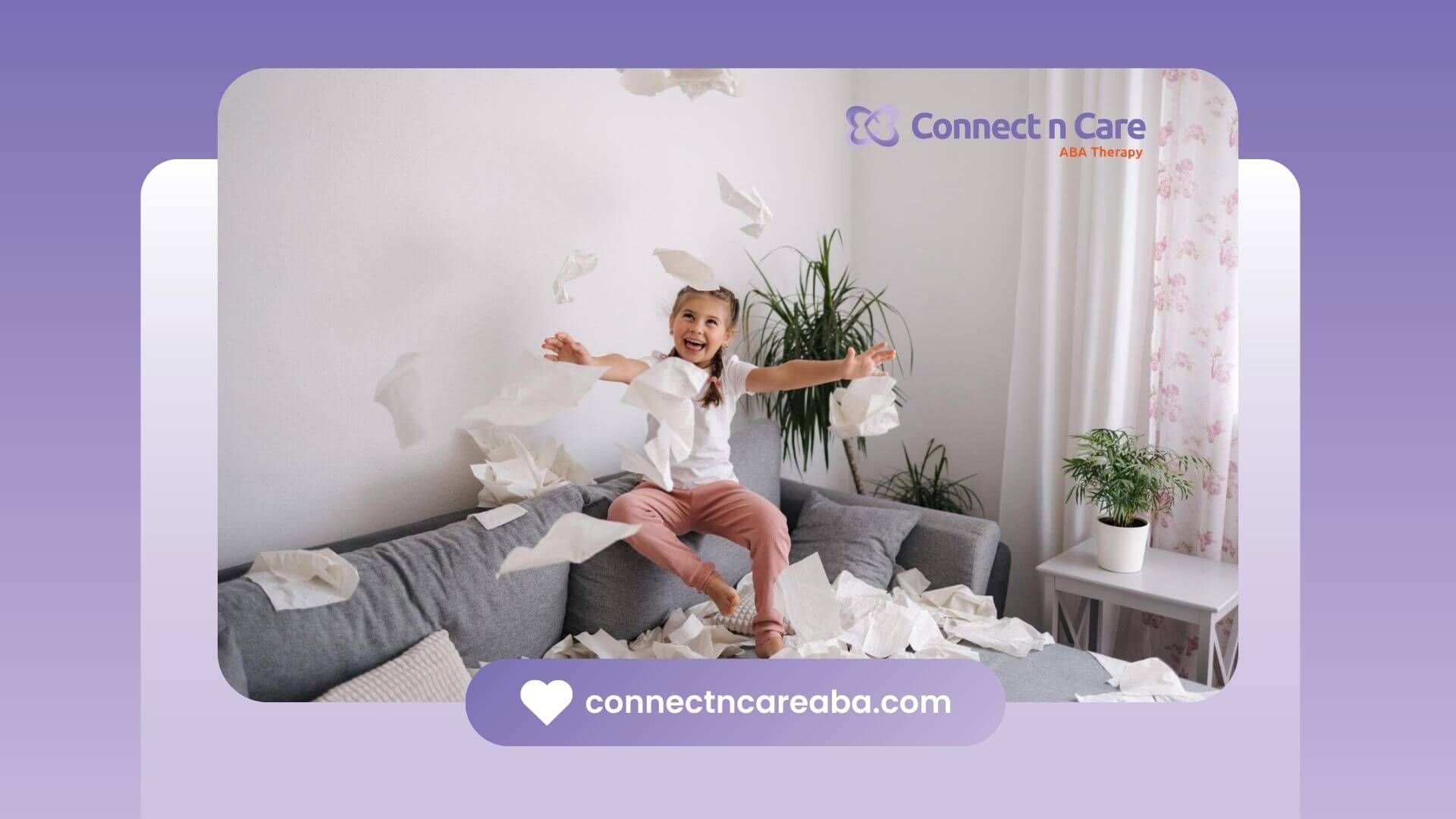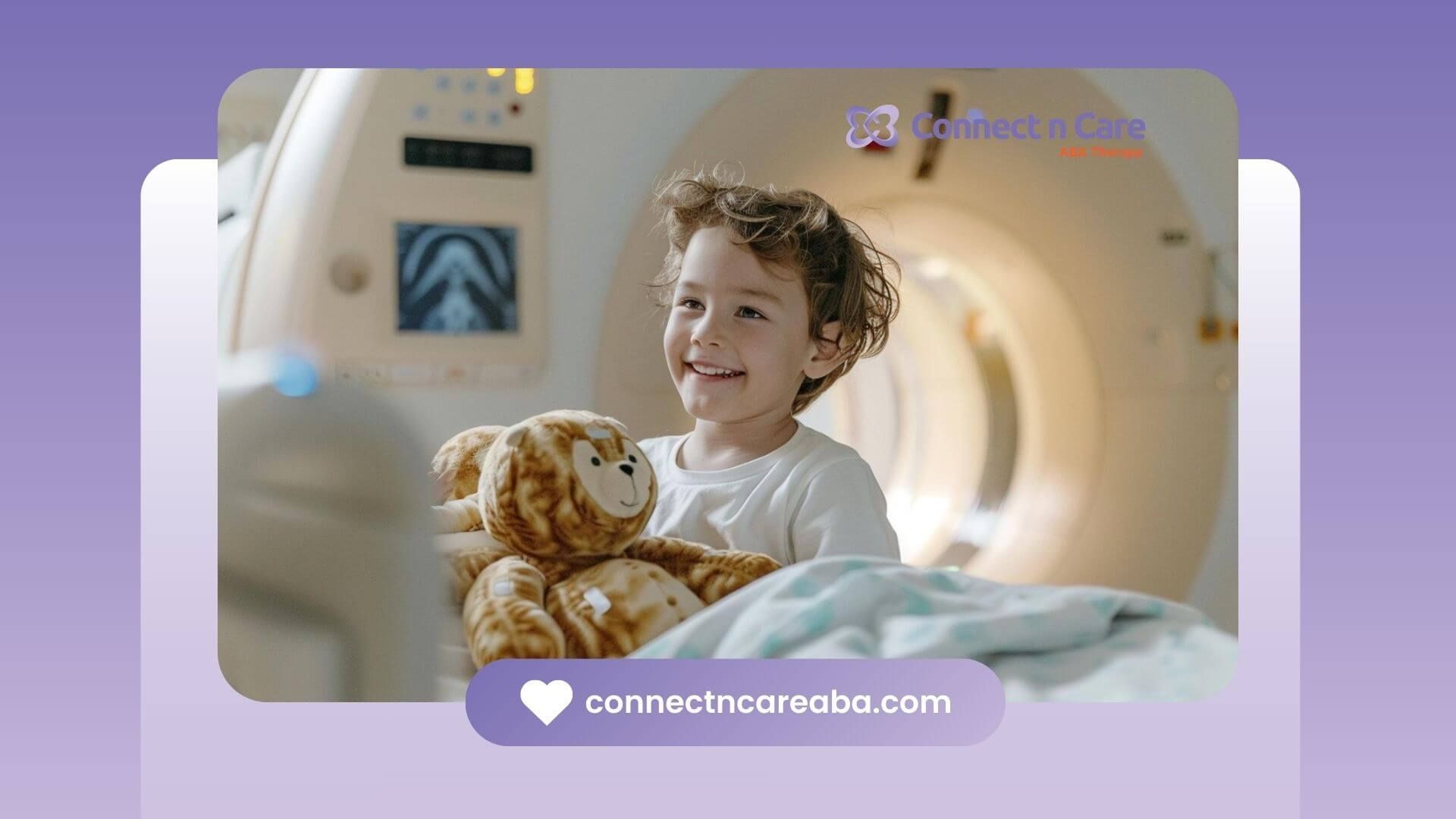Q scores for nonverbal autistic people vary widely. Research shows the average nonverbal IQ is about 73.5, while full-scale IQ often ranges from 68 to 70. However, standard IQ tests may not capture the true abilities of nonverbal autistic individuals, and many have strengths that go beyond what these tests measure.
Understanding the Numbers
- Mean Nonverbal IQ: Around 73.5
- Mean Verbal IQ: Around 65.5
- Full-Scale IQ Range: Typically 68–70
- Key Point: Nonverbal IQ is often higher than verbal IQ in nonverbal autistic children.
Standard IQ tests can underestimate intelligence in nonverbal autistic people. Many excel in visual reasoning and pattern recognition tasks, which may not be fully reflected in traditional assessments. Some nonverbal autistic individuals have average or above-average intelligence, especially when tested with nonverbal tools.
Families and therapists often report that nonverbal autistic children surprise them with problem-solving skills and visual strengths. For example, a parent shared, “My son can’t speak, but he quickly solves complex puzzles and patterns.”
Data & Statistics
43–52% of minimally verbal autistic children show significantly higher nonverbal than verbal intelligence scores.
Nonverbal tests like the Leiter-R or Raven’s Matrices are better suited for assessing these strengths.
What is the IQ of a nonverbal autistic person? It depends on the individual and the test used. At Connect n Care ABA, we help families discover the true abilities of every child. Ready to unlock your child’s potential? Call us today for a personalized assessment.
FAQ
What is the IQ of a nonverbal autistic person?
The average nonverbal IQ is about 73.5, but scores vary and standard tests may underestimate abilities.
Can a nonverbal autistic person have a high IQ?
Yes. Many have average or above-average intelligence, especially on nonverbal tasks.
Do standard IQ tests accurately measure intelligence in nonverbal autistic people?
Not always. Nonverbal assessments are often more accurate for this group.
This is paragraph text. Click it or hit the Manage Text button to change the font, color, size, format, and more. To set up site-wide paragraph and title styles, go to Site Theme.









